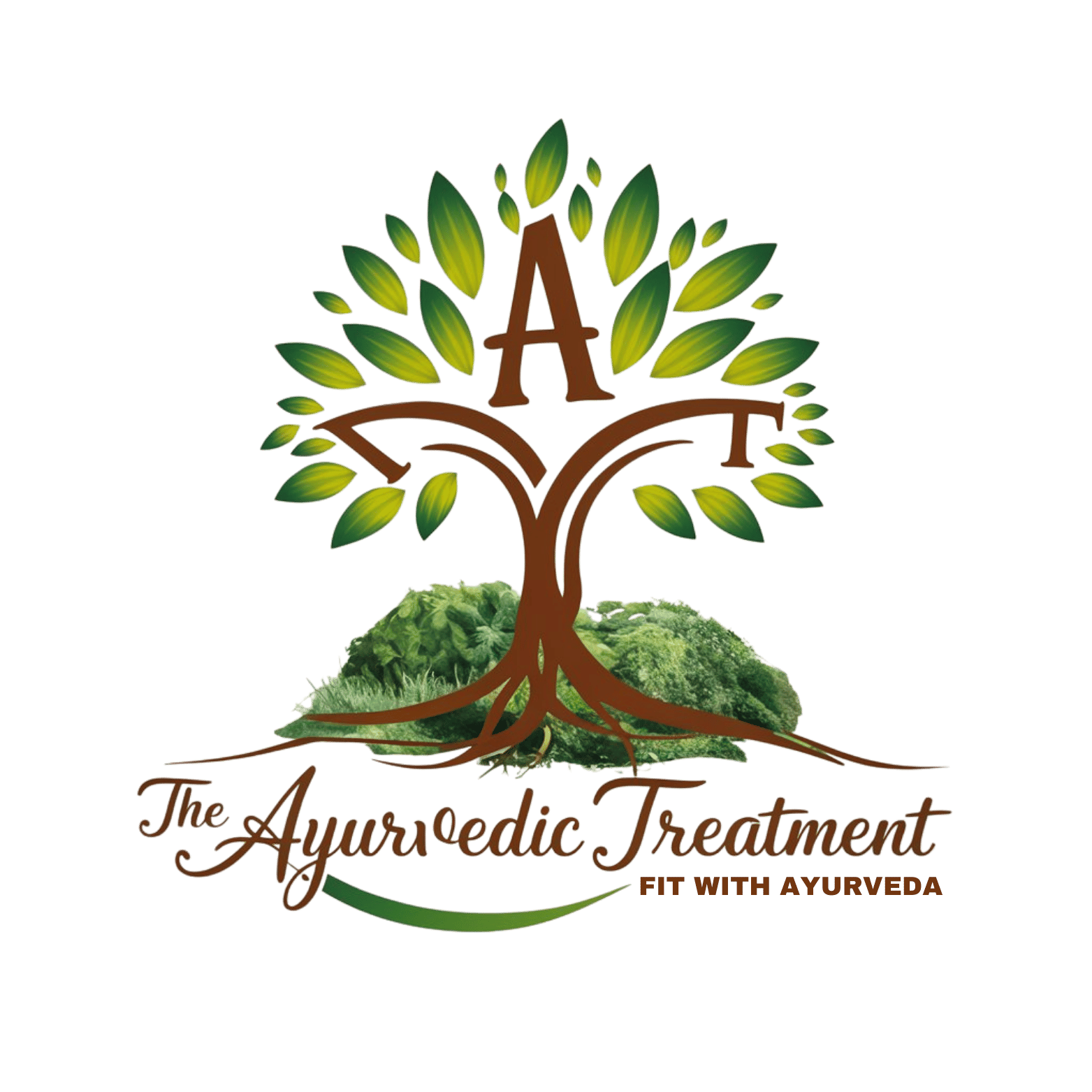
Ayurvedic Definition of Health: In today’s modern world, health is often defined in terms of the absence of disease or the physical well-being of an individual. However, Ayurveda, the ancient science of life and healing that originated in India over 5,000 years ago, offers a much deeper and holistic perspective on health.
According to Ayurveda, “health is not merely the absence of illness but a state of complete physical, mental, and spiritual well-being”.
You May Also Like: What is Ayurveda?
Ayurvedic Definition of Health
The classical texts of Ayurveda, particularly the Sushruta Samhita, define health as:
“Sama dosha sama agni cha sama dhatu mala kriya Prasanna atma indriya manah swastha iti abhidhiyate.”
This translates to:
“Health is defined as a balance of the doshas (Vata, Pitta, Kapha), a balanced state of Agni (digestive fire), a balanced state of Dhatus (tissues), proper elimination of Malas (waste products), and a contented state of Atma (soul), Indriya (senses), and Mana (mind).“
Key Components of Ayurvedic Health
- Balance of Doshas: The three doshas – Vata, Pitta, and Kapha – are fundamental energies that govern physiological and psychological functions. Each individual has a unique constitution, or Prakriti, which is a specific balance of these doshas. Health is maintained when these doshas are in equilibrium according to one’s Prakriti.
- Balanced Agni (Digestive Fire): Agni is the metabolic energy responsible for digestion, absorption, and transformation of food into energy. Balanced Agni ensures proper digestion and assimilation of nutrients, leading to optimal health. Ayurveda identifies four types of Agni
S. No. Types of Agni 1 balanced (Sama Agni) 2 irregular (Vishama Agni), 3 intense (Tikshna Agni), and 4 slow (Manda Agni) each affecting health differently.
- Balanced Dhatus (Tissues): The body is composed of seven tissues, or Dhatus which are listed below:
S. No. Name of Dhatus 1 Rasa (plasma), 2 Rakta (blood), 3 Mamsa (muscle), 4 Meda (fat), 5 Asthi (bone), 6 Majja (marrow), and 7 Shukra (reproductive tissue). Balanced Dhatus are essential for the body’s structural and functional integrity.
- Proper Elimination of Malas (Waste Products): Malas, or waste products, such as urine, feces, and sweat, must be efficiently eliminated from the body. Proper elimination is crucial for maintaining the body’s internal environment and preventing the buildup of toxins.
- Harmony of Atma (Soul), Indriya (Senses), and Mana (Mind): True health encompasses mental and spiritual well-being. A healthy mind and soul are characterized by clarity, calmness, and contentment. Mental balance is achieved through proper management of emotions and a harmonious lifestyle, while spiritual health is nurtured through practices such as meditation, self-reflection, and connection with the inner self.
Achieving and Maintaining Health in Ayurveda
Ayurveda offers a comprehensive approach to achieving and maintaining health through personalized lifestyle and dietary recommendations, herbal remedies, and various therapeutic practices.
Here are some key practices listed below:
- Dinacharya (Daily Routine): Following a structured daily routine that includes practices such as waking up early, oral hygiene, self-massage, exercise, meditation, and regular meal times helps maintain balance and harmony in the body and mind.
- Ritucharya (Seasonal Routine): Adapting one’s lifestyle and diet to the changing seasons ensures that the body can cope with environmental variations, maintaining the balance of doshas and preventing seasonal illnesses.
- Ahara (Diet): Ayurveda emphasizes the importance of a balanced diet tailored to an individual’s constitution and current state of health. Fresh, wholesome, and easily digestible foods are preferred, and mindful eating practices are encouraged.
- Herbal Medicine: The use of herbs and natural remedies to support and restore balance in the body is a cornerstone of Ayurvedic treatment. Herbal formulations are customized to address specific imbalances and health conditions.
- Yoga and Pranayama: Incorporating yoga postures and breathing exercises helps enhance physical flexibility, strength, and mental clarity. Regular practice of yoga and pranayama promotes overall well-being and balance.
- Panchakarma (Detoxification): Panchakarma is a set of five therapeutic procedures designed to cleanse the body of toxins and restore doshic balance. We have listed the treatments comes under Panchkarma:
S. No. Treatments Under Panchakarma 1 Vamana (therapeutic vomiting), 2 Virechana (purgation), 3 Basti (enema), 4 Nasya (nasal administration of medication), 5 Raktamokshana (bloodletting).
Ayurvedic Definition of Health: Conclusion
The Ayurvedic definition of health transcends the mere absence of disease, offering a profound and holistic view that encompasses physical, mental, and spiritual well-being. By embracing the principles and practices of Ayurveda, individuals can achieve a state of balanced health, vitality, and harmony with their inner and outer environments.
At “The Ayurvedic Treatment“, we are dedicated to guiding you on this transformative journey towards optimal health and well-being. Explore the ancient wisdom of Ayurveda with us and discover a path to a balanced and fulfilling life.

